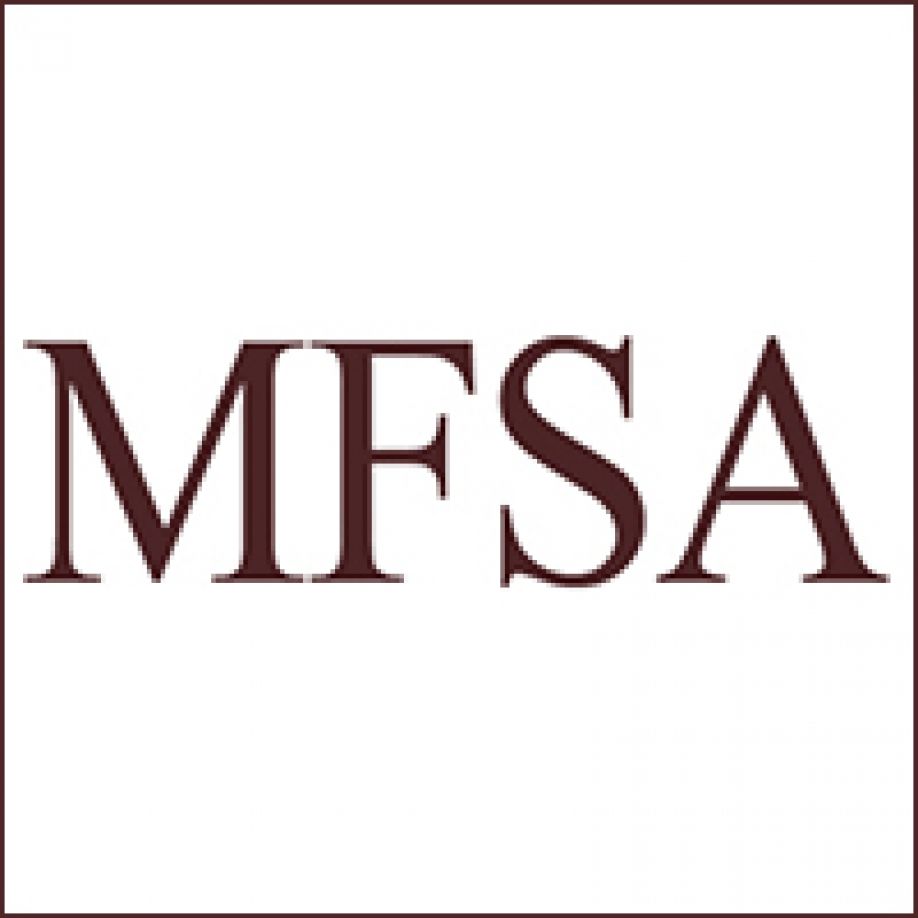
Malta's Parliament is considering three bills that would regulate the use of distributed ledger technology (blockchain) by regulated entities.
The bills - the Malta Digital Innovation Authority Bill, the Innovative Technology Arrangements and Services Bill, and the Virtual Financial Asset Bill - were introduced into the island's legislature last week by Silvio Schembri, Parliamentary Secretary for Financial Services, Digital Economy, and Innovation, and are intended to establish Malta as a center for the development and use of distributed ledger technology.
In short, a blockchain is a decentralized digital ledger – a continuously growing list of records, or "blocks," which are linked and secured using encryption. Such includes the complete history of all the transactions that have occurred along the chain. It is widely used to track virtual currency transactions but it is expected to soon play a major role in tax administration and enforcement.
The nature of blockchain is such that it is highly secure, and its decentralized nature is key to this. There is no central database within which records of transactions are held. Each "node," or computer on the network, receives a copy of the blockchain. Therefore, tampering with the information held on the blockchain is very difficult, if not impossible.
Blockchain has the potential to be used for a range of purposes, from the conclusion of contracts (so-called smart contracts), financial services – for instance, the settlement of financial trades – cross-border transactions, public administration, and even elections. Indeed, with its inherent incorruptibility, blockchain is now being talked about as a panacea for the administration of value-added tax.
The Malta Digital Innovation Bill proposes the establishment of the Malta Digital Innovation Authority, which will regulate distributed ledger technology and smart contracts. Schembri explained the Authority will be autonomous and act independently. It will promote government policies, and foster, promote, and facilitate the advancement and utilization of innovative technology. Meanwhile, the Innovative Technology Arrangements and Services Bill would establish the regulatory regime that the MDIA would enforce.
The Virtual Financial Asset Bill proposes the establishment of a regulatory regime for the virtual financial assets market. The Malta Financial Services Authority would be responsible for oversight.
Schembri said the regulatory framework to be established by the three bills is the first of its kind not just for Malta but also globally. He said the framework seeks to regulate distributed ledger technology without stifling innovation.
By Courtesy of Lowtax.net